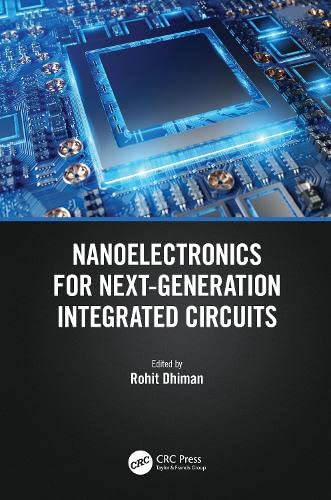

Most ebook files are in PDF format, so you can easily read them using various software such as Foxit Reader or directly on the Google Chrome browser.
Some ebook files are released by publishers in other formats such as .awz, .mobi, .epub, .fb2, etc. You may need to install specific software to read these formats on mobile/PC, such as Calibre.
Please read the tutorial at this link: https://ebookbell.com/faq
We offer FREE conversion to the popular formats you request; however, this may take some time. Therefore, right after payment, please email us, and we will try to provide the service as quickly as possible.
For some exceptional file formats or broken links (if any), please refrain from opening any disputes. Instead, email us first, and we will try to assist within a maximum of 6 hours.
EbookBell Team

5.0
38 reviewsThe incessant scaling of complementary metal-oxide semiconductor (CMOS) technology has resulted in significant performance improvements in very-large-scale integration (VLSI) design techniques and system architectures. This trend is expected to continue in the future, but this requires breakthroughs in the design of nano-CMOS and post-CMOS technologies. Nanoelectronics refers to the possible future technologies beyond conventional CMOS scaling limits. This volume addresses the current state-of-the-art nanoelectronic technologies and presents potential options for next-generation integrated circuits.
Nanoelectronics for Next-generation Integrated Circuits is a useful reference guide for researchers, engineers, and advanced students working on the frontier of the design and modeling of nanoelectronic devices and their integration aspects with future CMOS circuits. This comprehensive volume eloquently presents the design methodologies for spintronics memories, quantum-dot cellular automata, and post-CMOS FETs, including applications in emerging integrated circuit technologies.